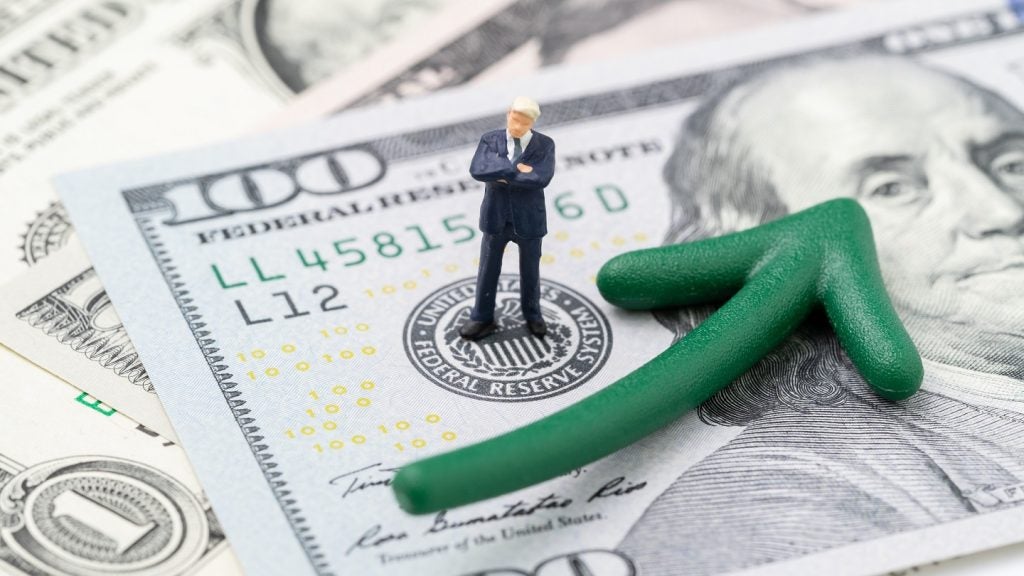The auto insurance landscape is a changing one, with in-car connectivity increasing and car ownership gradually falling as services provided by Lyft and Uber proliferated through to early 2020. And then came COVID-19, wiping off car mileage as governments around the world temporarily imposed city lockdowns. COVID-19 has strengthened the case for usage-based insurance (UBI) policies for auto, and Ford has taken a note on this, recently partnering with insurtech Metromile.
The outbreak of the pandemic has brought motor insurance into the spotlight, given that policyholders have paid for a service but have been unable to use their cars.
Meanwhile, UBI policyholders have only paid for the miles they have driven. But the uptake of UBI policies – or pay-as-you-go policies – remains far less common than traditional plans, for which annual premiums are based on car mileage estimates rather than real-time driver data. In the UK, for instance, 9.7% of drivers hold a UBI policy, as per GlobalData’s 2019 UK Insurance Consumer Survey.
Ford’s recent tie-up with Metromile will enable it to offer usage-based car insurance to its US customers in eight states. New Ford vehicles have been incorporated with an odometer that, once enabled, will connect directly to Metromile’s software, allowing the insurer to track miles driven and charge accordingly.
Metromile estimates that Ford owners can save $741 a year on average by signing up for its pay-per-mile auto insurance.
Earlier in 2020, COVID-19 lockdowns prompted insurers around the globe to return rebates to customers as motor insurance claims drastically fell. In the US, companies such as Liberty Mutual, Allstate, and Safeco offered customers 15% refunds on two months of their premiums. Yet, many customers felt that this amount was insufficient. This has brought UBI into perspective, and insurtechs based on this model, such as Metromile, are set to establish a competitive edge.
How well do you really know your competitors?
Access the most comprehensive Company Profiles on the market, powered by GlobalData. Save hours of research. Gain competitive edge.

Thank you!
Your download email will arrive shortly
Not ready to buy yet? Download a free sample
We are confident about the unique quality of our Company Profiles. However, we want you to make the most beneficial decision for your business, so we offer a free sample that you can download by submitting the below form
By GlobalDataA handful of other auto makers have made strives into insurance in recent years. In 2019, Tesla partnered with US-based State National Insurance to roll out a UBI product, although it is only available in the state of California. Since then, Tesla has set up a broking firm in China, offering motor insurance to its customers. Meanwhile, Hyundai Motor America teamed up with UBI provider Verisk back in 2018.
It is likely that COVID-19 will continue to shape drivers’ habits as a substantial proportion of individuals continue working from home, no longer drive to work, and just use their cars for leisure. At the same time, concerns over using public transport could result in an increase in car ownership. UBI policies will be more appealing to drivers than ever, with demand likely to see an upsurge. As this demand increases, and more technology is incorporated into vehicles, UBI will also captivate the interest of more auto makers.








Related Company Profiles
Lyft Inc
MetroMile Inc